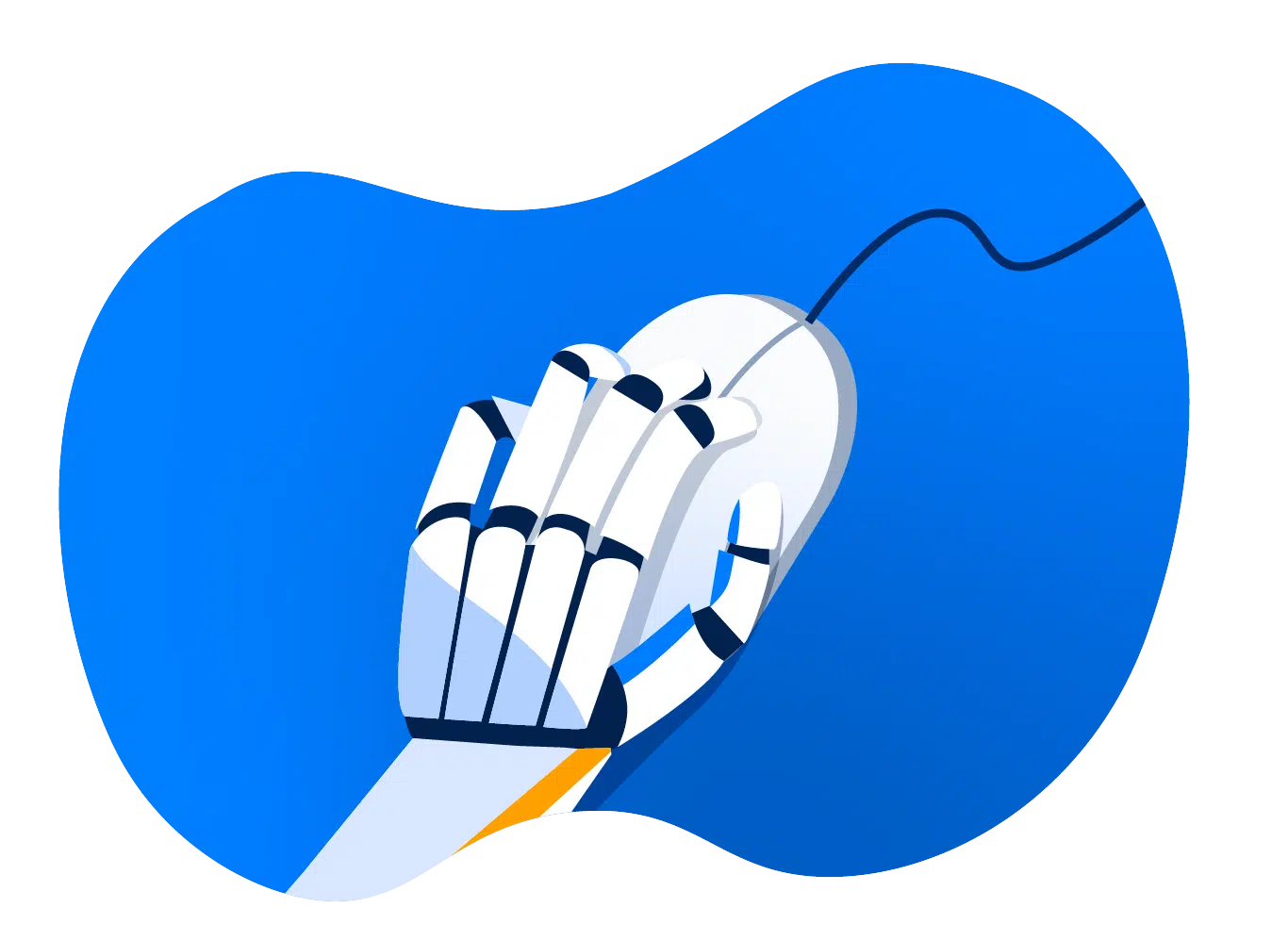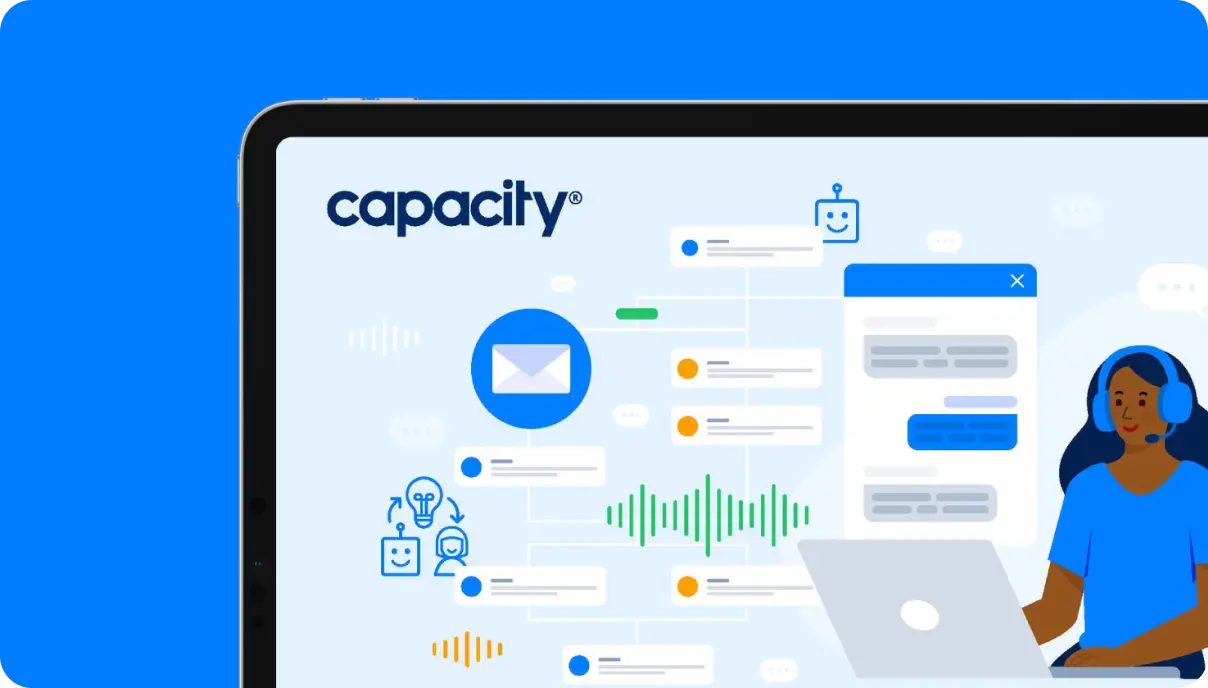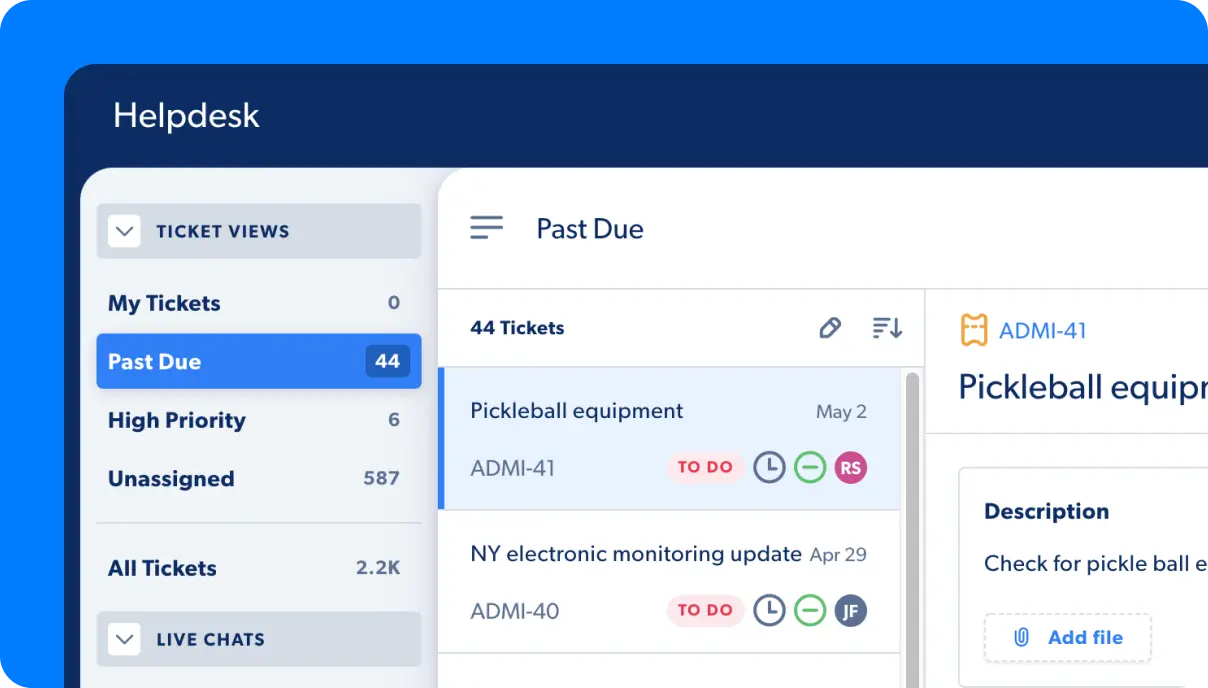Chatbots have been revolutionizing the world of eCommerce for a few years now, and their impact on businesses is undeniable. AI chatbots and automation are transforming eCommerce by streamlining internal and external support, providing personalized customer experiences, and increasing sales. This article will explore the benefits of chatbot eCommerce and the top 10 strategies businesses can use to boost their eCommerce sales.

Automate Your Work
Capacity’s enterprise AI chatbot can help:
- Answer FAQs anytime, anywhere
- Find relevant documents within seconds
- Give surveys and collect feedback
What is a Chatbot eCommerce?
Online retailers use eCommerce chatbots powered by AI technology to interact with customers throughout their purchasing process. In eCommerce, chatbots interact with customers, providing them with product recommendations, answering their questions, and guiding them through purchasing. AI Chatbots can automate customer service, provide personalized product recommendations and increase sales.
6 Benefits of Chatbots for eCommerce
Chatbots have numerous benefits for eCommerce businesses, some of which include the following:

Improved customer service
Chatbots provide customers with 24/7 support, allowing them to receive prompt assistance without human intervention at any time of the day. This can save your business time and money while improving customer satisfaction.
Personalized customer experience
Chatbots can deliver personalized recommendations and targeted marketing messages by analyzing customer data, such as purchase history, browsing behavior, and preferences, enabling businesses to build stronger customer relationships and increase customer loyalty.
Increased efficiency
Chatbots can handle repetitive tasks, such as order tracking, shipping notifications, and payment processing, freeing customer support teams to focus on more complex issues resulting in improved efficiency, reduced response times, and increased customer satisfaction.
Increased sales
Chatbots can guide customers through purchasing, offering product recommendations, cross-selling opportunities, and personalized offers. As a result, businesses can boost sales and revenue.
Cost-effectiveness
Chatbots can significantly reduce the cost of customer support since they require minimal resources to operate. This makes them especially beneficial for small and medium-sized businesses that may not have the budget to hire a large support team.
Scalability
Chatbots can handle many customer queries simultaneously, making them highly scalable. This allows businesses to manage sudden spikes in customer demand without requiring additional support staff.
eCommerce AI Chatbot Use Cases
eCommerce AI chatbots have many use cases that benefit businesses and customers. Let’s take a deeper look at a few use cases:

Customer service
AI chatbots in eCommerce can help with numerous customer support tasks. They can provide 24/7 support and help free support agents to focus on more pressing matters. Here are some examples:
- Answering frequently asked questions
- Responding to customer complaints and feedback
- Providing personalized product recommendations
- Assisting customers with order tracking
- Sending shipping notifications
Sales and marketing
eCommerce chatbots can assist sales and marketing teams with tedious tasks, such as:
- Automating customer segmentation and targeted marketing
- Personalizing product recommendations for customers
- Assisting with cross-selling and up-selling opportunities
- Providing personalized discounts and promotions to customers
- Analyzing customer data to identify trends and predict future behavior
Inventory management
eCommerce chatbots can help businesses manage their inventory by streamlining multiple processes. A few examples include:
- Providing real-time updates on stock levels
- Identifying items that need to be restocked
- Suggesting alternative products if a particular item is out of stock
- Tracking the movement and location of inventory items
- Generating purchase orders based on forecasted demand
Payment processing
eCommerce chatbots can handle several payment processing requests for teams, including:
- Processing secure payments in multiple currencies
- Verifying customers’ payment information
- Processing refunds, cancellations, and returns
- Sending payment reminders to customers
- Providing real-time notifications when a purchase is made
Customer feedback
Intelligent eCommerce chatbots simplify gathering customer feedback. Here are a few ways these bots can help:
- Collecting customer feedback on products and services
- Analyzing customer reviews to identify trends and insights
- Providing personalized responses to customer feedback and queries
- Tracking customer satisfaction scores over time
- Generating reports with customer feedback data
Order tracking and delivery notifications
eCommerce chatbots can give customers real-time updates on their orders whenever needed. A few examples include:
- Provide order status updates to customers in real-time
- Send delivery notifications when an order has been shipped
- Create automated reminders for customers to track their order progress
- Receiving and responding to customer inquiries regarding order status and delivery times
These are just a few examples of how eCommerce AI chatbots can improve customer service, increase efficiency, and drive revenue growth. As technology continues to evolve, we can expect to see even more innovative use cases for e-commerce chatbots in the future.
10 Chatbot eCommerce Strategies To Use In Your Business

Here are ten chatbot eCommerce strategies you can use in your business:
1. Define your chatbot’s purpose
Before implementing a chatbot, it’s crucial to define its purpose and what tasks it will perform. This will help ensure that the chatbot is aligned with your business goals and provides value to your customers.
2. Use chatbots to automate routine tasks
Chatbots can handle repetitive tasks such as order tracking, shipping notifications, and payment processing. Automating these tasks can free customer support teams to focus on more complex issues.
3. Personalize customer experiences
Use chatbots to analyze customer data such as purchase history, browsing behavior, and preferences to provide personalized recommendations and targeted marketing messages.
4. Leverage chatbots for customer support
Chatbots can provide customers with 24/7 support, answering their questions and addressing their concerns in real-time. This ensures that customers receive prompt assistance, regardless of the time of day.
5. Use chatbots to increase sales
Chatbots can guide customers through purchasing, providing them with product recommendations, cross-selling opportunities, and personalized offers. This can help businesses increase sales and revenue.
6. Gather customer feedback
Using chatbots to collect customer feedback can help businesses identify areas for improvement and provide a better customer experience.
7. Use chatbots to reduce shopping cart abandonment
Chatbots can remind customers of items left in their shopping carts and offer them incentives to complete the purchase.
8. Integrate chatbots with other systems and platforms
Chatbots can be integrated with other systems and platforms, such as social media, messaging apps, and payment gateways, to provide a seamless customer experience.
9. Monitor chatbot performance
Monitor chatbot performance regularly to identify areas for improvement and ensure that it provides value to your customers.
10. Provide training and support for chatbot operators
Ensure that your customer support teams are trained in operating chatbots and can provide backup support when necessary.
Best eCommerce Chatbot Platforms

1. Capacity
Capacity is an AI-powered support automation platform that can answer questions, automate repetitive support tasks, and build solutions to any business challenge. The platform is designed to help teams automate support and business processes by providing a low-code platform that can be accessed through conversational AI.
This allows teams to automate tasks, manage workflows, and access information via a user-friendly knowledge base and conversational interface. Capacity also provides a robust developer platform and flexible database that can be deployed anywhere.
Key Features:
- Capacity’s platform allows teams to answer more than 90% of their FAQs, reducing the number of tickets in their support queue.
- Teams can automate tedious processes and tasks with low-code workflows, increasing productivity in cross-functional teams.
- Empowers teams by providing access to information via a user-friendly knowledge base and a suite of app integrations.
- The conversational interface allows teams to easily communicate with the platform and get quick answers to their questions.
- Provides a powerful workflow automation suite that allows teams to manage workflows and automate tasks effortlessly.

Automate Your Work
Capacity’s enterprise AI chatbot can help:
- Answer FAQs anytime, anywhere
- Find relevant documents within seconds
- Give surveys and collect feedback
2. Tars
Tars is a popular chatbot platform that enables businesses to create chatbots without coding. It offers a drag-and-drop interface that makes it easy to build custom chatbots for various use cases. Tars is known for its conversational design and advanced AI capabilities, allowing chatbots to respond to customer queries accurately.
Key features:
- Drag-and-drop interface enables teams to create powerful chatbots without any coding.
- Offers a conversational landing page builder to create chatbot-powered landing pages.
- Provides a human takeover feature to transfer the conversation to a live agent.
3. BotStar
BotStar is another popular eCommerce chatbot platform that offers a range of features for businesses looking to improve their customer experience. It provides a user-friendly interface and a range of pre-built templates for different use cases
Key features:
- Offers a visual flow builder for creating conversational flows.
- Allows businesses to provide multiple language support for their chatbots.
- Offers a range of integrations with popular eCommerce platforms such as Shopify, WooCommerce, and Magento.
4. MobileMonkey
MobileMonkey is a chatbot platform that focuses on conversational marketing for eCommerce businesses. It offers a range of features designed to help companies to engage with customers and drive sales. MobileMonkey is known for its advanced targeting capabilities, allowing businesses to reach customers at the right time.
Key features:
- Offers a unified inbox that combines chatbot, SMS, and Messenger conversations.
- Offers a chatbot widget that can be embedded on a website or landing page.
- Offers a range of conversational marketing features such as drip campaigns and appointment scheduling.
5. Chatfuel
Chatfuel is a popular chatbot platform that enables businesses to build custom chatbots for Facebook Messenger. It offers a range of features designed to help businesses engage with customers and drive sales.
Chatfuel’s standout feature is its ability to integrate with popular eCommerce platforms such as Shopify and WooCommerce.
Key features:
- Offers a Facebook Ads integration to create conversational ad campaigns.
- Allows businesses to offer a loyalty program through the chatbot.
- Offers a broadcast feature to send messages to multiple users at once.
Want to give Capacity a try for your eCommerce business? Get started for free today!













































